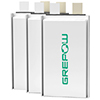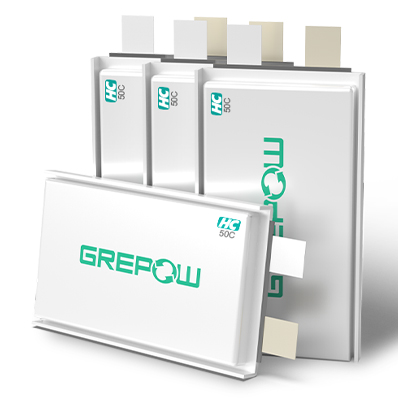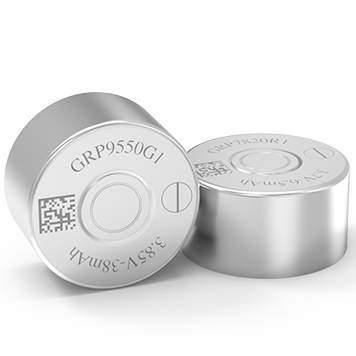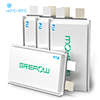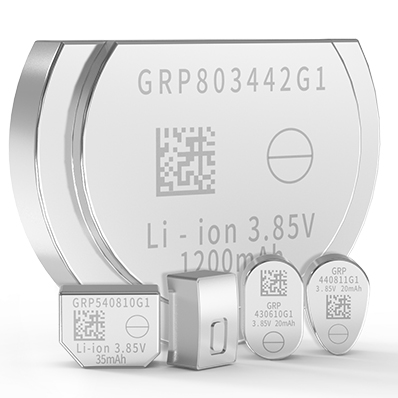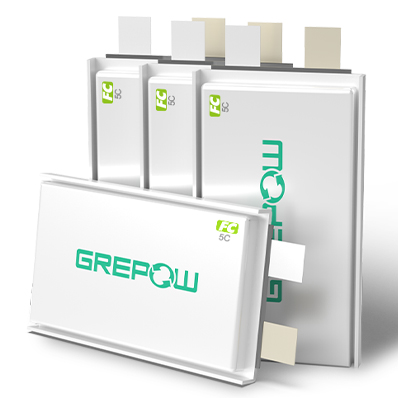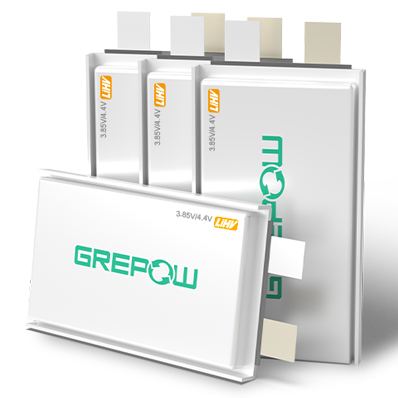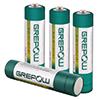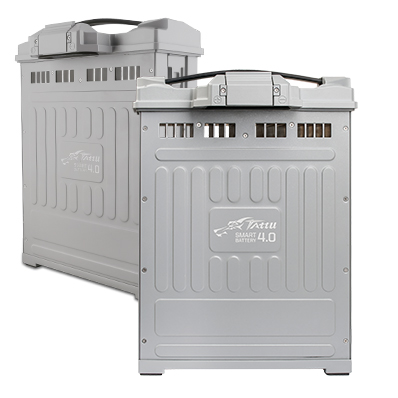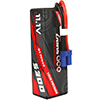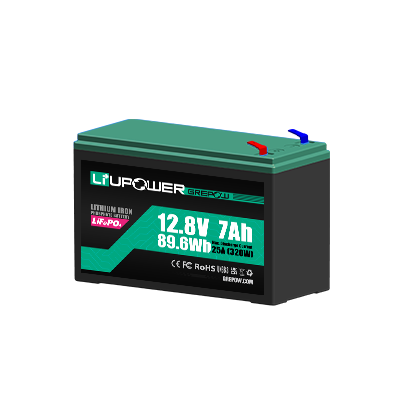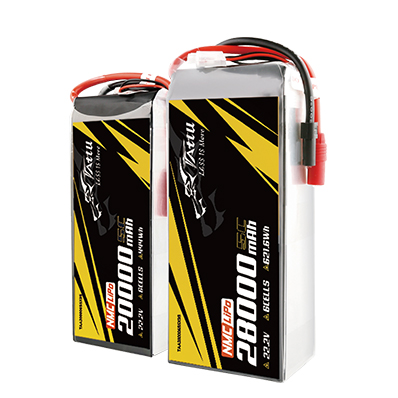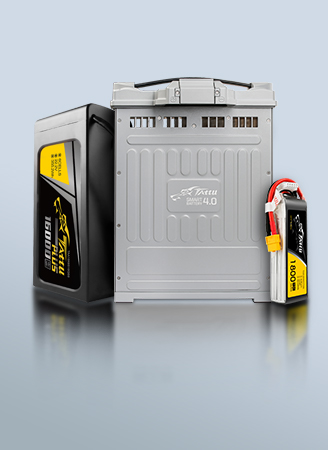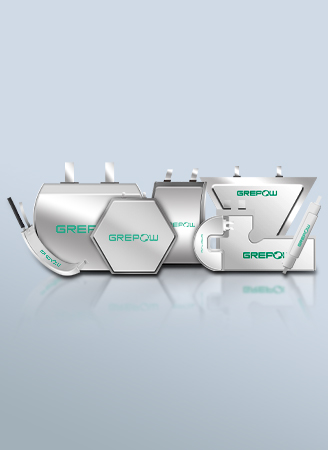LiFePO4 vs. LiPo: What’s the Difference?
When it comes to choosing the right battery for your application, understanding the differences between LiFePO4 and LiPo batteries is crucial. Both types belong to the lithium-ion family but differ significantly in their chemistry, performance, and suitability for various uses. LiFePO4 batteries are renowned for their safety, stability, and long lifespan, making them ideal for electric vehicles, solar energy storage, and other applications where reliability is key. On the other hand, LiPo batteries offer high energy density and flexibility in design, making them a popular choice for consumer electronics, drones, and remote-controlled devices. This article delves into the specific characteristics, advantages, and disadvantages of LiFePO4 and LiPo batteries, providing insights to help you make an informed decision for your power needs.
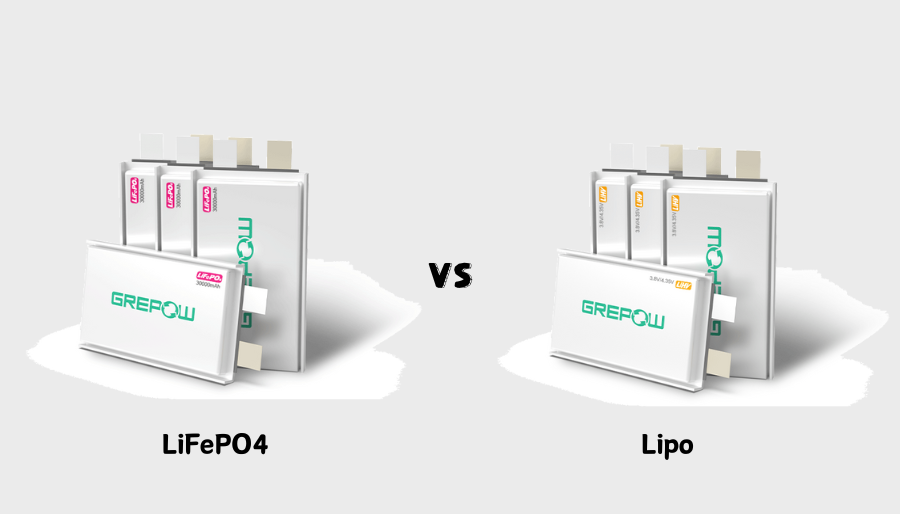
What are LiFePO4 Batteries?
Lithium Iron Phosphate (LiFePO4) batteries are a type of lithium-ion battery that uses lithium iron phosphate as the cathode material. Known for their safety, stability, and long lifespan, LiFePO4 batteries are widely used in applications where durability and reliability are paramount. These batteries are commonly found in electric vehicles, solar energy storage systems, and various portable and stationary power applications.
What are LiPo Batteries?
Lithium Polymer (LiPo) batteries are another type of lithium-ion battery, characterized by their flexible, polymer electrolyte. This design allows for a wide range of shapes and sizes, making LiPo batteries highly versatile and popular in applications where weight and form factor are critical. They are extensively used in consumer electronics, remote-controlled devices, drones, and increasingly in electric vehicles and other portable electronic devices.
LiFePO4 vs. LiPo: What's the Difference?
●Chemistry and Composition:
LiFePO4: Uses lithium iron phosphate as the cathode material, which provides a stable and robust structure.
LiPo: Uses a polymer electrolyte and a variety of cathode materials, typically lithium cobalt oxide (LiCoO2), lithium manganese oxide (LiMn2O4), or lithium nickel manganese cobalt oxide (NMC).
●Energy Density:
LiFePO4: Generally has a lower energy density compared to LiPo batteries, meaning it stores less energy per unit weight.
LiPo: Offers a higher energy density, making them suitable for applications where space and weight are limited.
●Cycle Life:
LiFePO4: Known for a longer cycle life, often exceeding 2,000 charge-discharge cycles.
LiPo: Typically have a shorter cycle life, ranging from 500 to 1000 cycles depending on the quality and usage.
●Safety:
LiFePO4: Considered one of the safest lithium-ion battery chemistries, with excellent thermal and chemical stability.
LiPo: While generally safe, they are more prone to swelling, punctures, and thermal runaway if not properly managed.
●Temperature Tolerance:
LiFePO4: Performs well across a wide temperature range, making it suitable for harsh environments.
LiPo: More sensitive to temperature extremes, which can affect performance and safety.
What are the Advantages of LiFePO4 Batteries?
●Safety: LiFePO4 batteries are highly stable and less prone to overheating, making them safer for use in various applications.
●Long Lifespan: With a longer cycle life, LiFePO4 batteries offer better value over time, especially in applications requiring frequent charge-discharge cycles.
●Temperature Performance: They can operate efficiently in a wide range of temperatures without significant performance degradation.
●Environmental Impact: LiFePO4 batteries are more environmentally friendly, as they do not contain toxic heavy metals.
What are the Disadvantages of LiFePO4 Batteries?
●Energy Density: Lower energy density compared to other lithium-ion batteries, which can be a limitation for applications requiring compact and lightweight power sources.
●Cost: Initially more expensive due to the materials and manufacturing process.
●Voltage Range: They have a lower nominal voltage (3.2V per cell) compared to LiPo batteries, which can affect compatibility with some devices.
What are the Advantages of LiPo Batteries?
●Energy Density: Higher energy density allows for lighter and more compact battery packs, ideal for portable and space-constrained applications.
●Flexibility: The polymer electrolyte can be shaped into various forms, accommodating diverse design requirements.
●High Discharge Rates: LiPo batteries can deliver high discharge rates, making them suitable for high-power applications like drones and RC vehicles.
What are the Disadvantages of LiPo Batteries?
●Safety Concerns: More susceptible to swelling, punctures, and thermal runaway, requiring careful handling and protective measures.
●Shorter Lifespan: Typically have a shorter cycle life compared to LiFePO4 batteries.
●Temperature Sensitivity: Performance can degrade significantly at extreme temperatures.
Can I Charge a LiFePO4 Battery with a LiPo Charger?
Using a LiPo charger to charge a LiFePO4 battery is generally not recommended unless the charger specifically supports LiFePO4 charging profiles. LiFePO4 cells have a nominal voltage of 3.2V and a maximum charging voltage of 3.6V to 3.65V per cell, whereas LiPo cells have a nominal voltage of 3.7V and a maximum charging voltage of 4.2V per cell. Using a LiPo charger on a LiFePO4 battery can result in overcharging, which can damage the battery and create safety hazards. Using a charger not designed for LiFePO4 batteries can result in overcharging, which can compromise battery safety and lifespan.
In conclusion, both LiFePO4 and LiPo batteries have their unique strengths and weaknesses, making them suitable for different applications. Understanding these differences is crucial for selecting the right battery type for your specific needs. As a global leading lipo battery manufacturer, Grepow offers custom LiFePO4 battery cells and high discharge rate lipo battery cells to meet the needs of high energy density consumer and industrial applications. If you have any questions or needs, please feel free to contact us at info@grepow.com.
Related Articles:
How to Charge LiFePO4 Battery?
What Is LiFePO4 Battery and Why Use It?
How to Discharge a LiPo Battery?
Li-Ion Vs. Lipo Battery For Long-Range Flights
What Is an Ultra Thin LiPo Battery?
Related Articles
-

FPV Drone Types: All You Need to Know
2025-03-06 -

The Ultimate Guide to FPV Battey
2025-02-11 -

Exploring the Power Behind Quadrupedal Robots: A Deep Dive into Robot Dog Batteries
2025-01-22
Related products
-
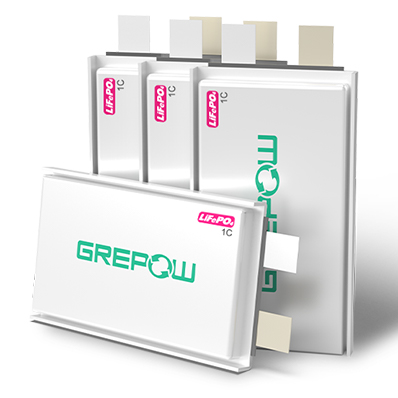
1C Discharge Rate Lithium Iron Phosphate Battery Cells
-
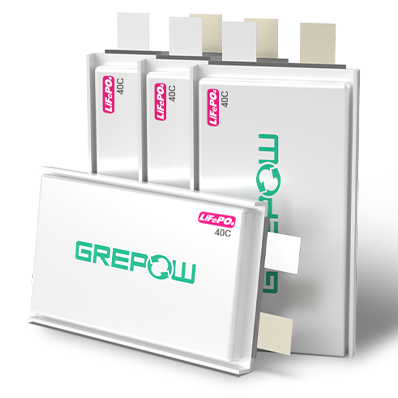
40C High Discharge Rate LiFePO4 Battery Cells
-
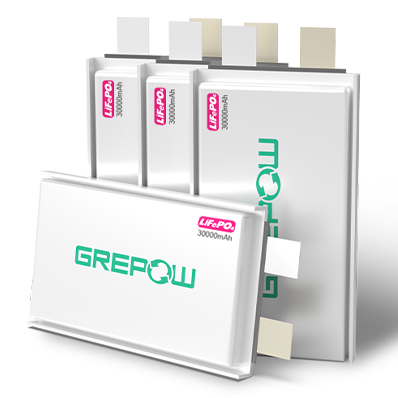
High Capacity LiFePO4 Battery

